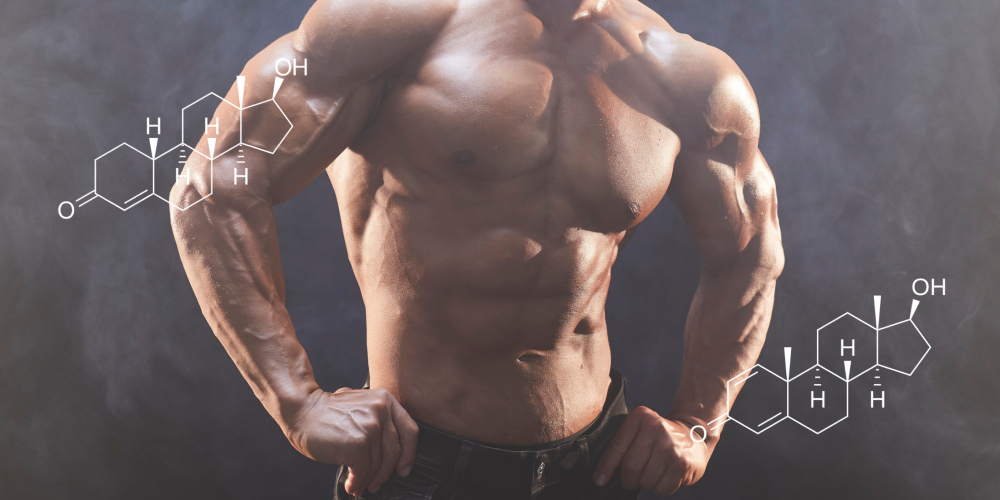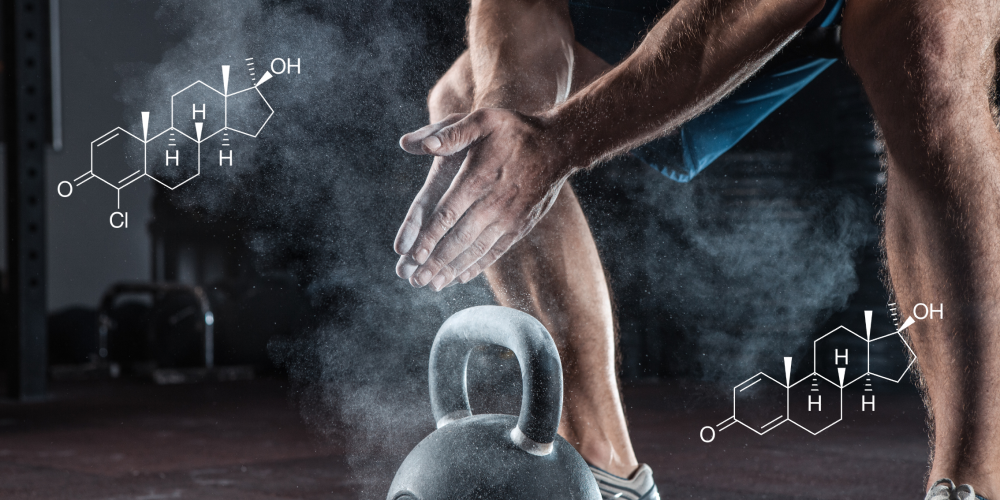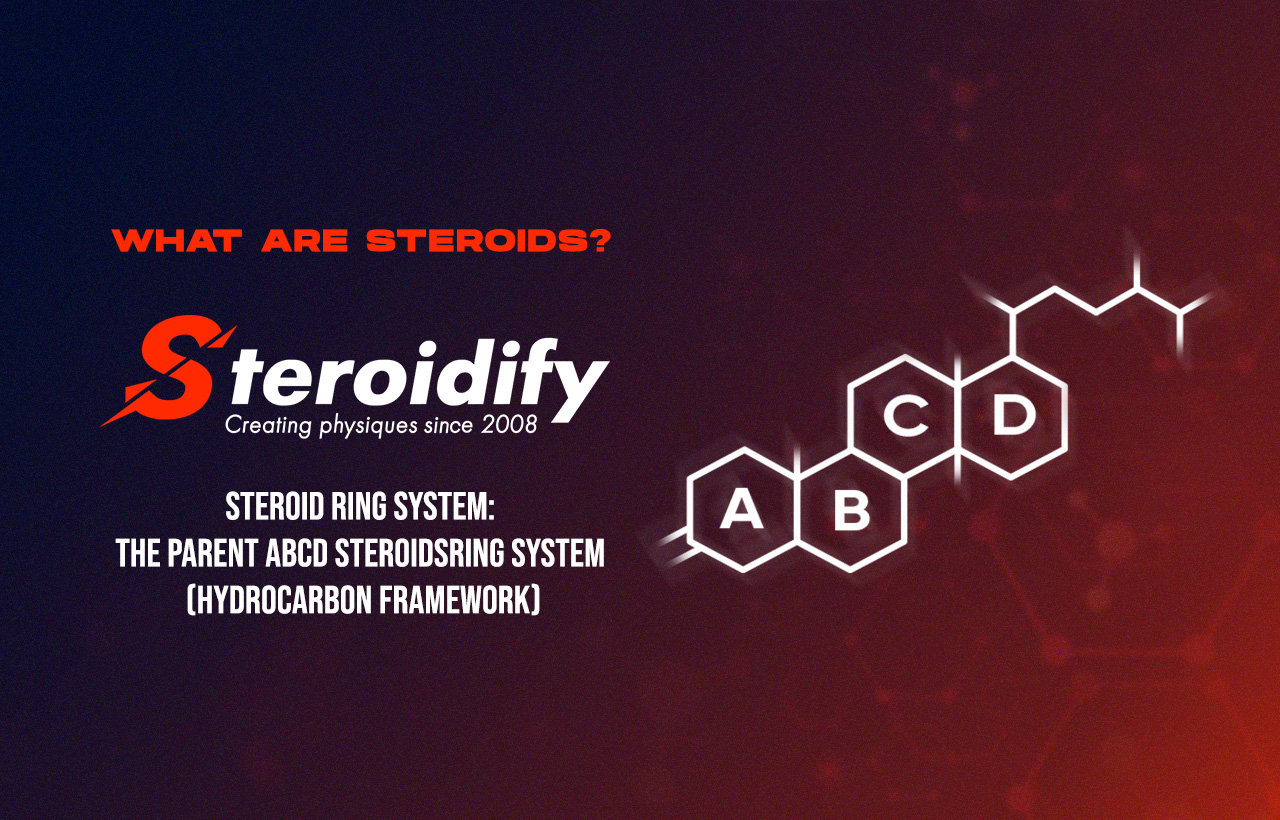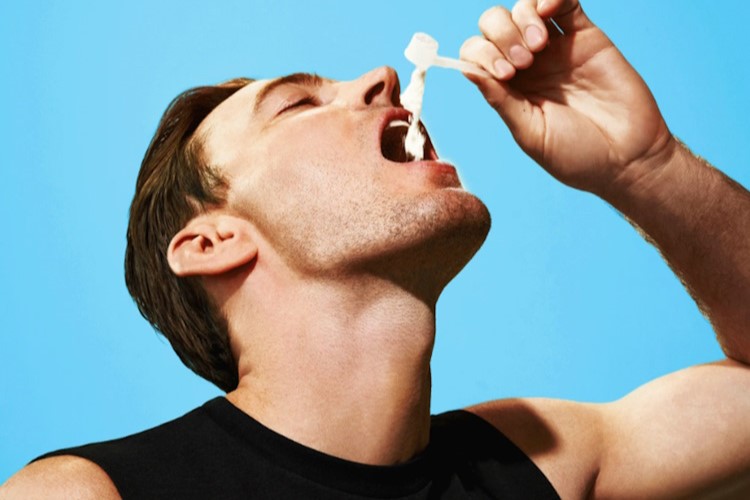Creatine and depression: Unleashing Creatine’s mood-boosting powers
Creatine is a popular supplement that many people use to enhance their physical performance and muscle growth. But did you know that creatine can also have a positive impact on your mental health? In this essay, I will explain how creatine can help fight depression, based on the latest scientific studies.
Depression is a common and serious mood disorder that affects millions of people worldwide. It can cause persistent feelings of sadness, hopelessness, guilt, and worthlessness, as well as loss of interest in activities, difficulty concentrating, insomnia, fatigue, and even suicidal thoughts. Depression can have many causes, such as genetics, stress, trauma, illness, or medication. However, one of the main factors that contributes to depression is the imbalance of neurotransmitters in the brain, such as serotonin, dopamine, and norepinephrine. These are chemical messengers that regulate mood, motivation, memory, and cognition.
Creatine is a natural substance that is produced by the body and found in foods such as meat, fish, and eggs. Creatine plays an important role in energy metabolism, especially in muscles and brain cells. Creatine helps to regenerate adenosine triphosphate (ATP), which is the main source of energy for cellular functions. By increasing the availability of ATP, creatine can enhance the performance and recovery of muscles and brain cells.
But how does creatine affect depression? Well, there are several possible mechanisms that have been proposed by researchers. Here are some of them:
- Creatine can increase the levels of serotonin in the brain. Serotonin is a neurotransmitter that is often low in depressed people. Serotonin is involved in regulating mood, appetite, sleep, and social behavior. Creatine can boost serotonin production by providing more energy for the enzyme that converts tryptophan (an amino acid) into serotonin. Creatine can also increase serotonin transport across the blood-brain barrier, which means more serotonin can reach the brain cells.
- Creatine can enhance the effects of antidepressants. Antidepressants are medications that are commonly used to treat depression. They work by increasing the levels or activity of neurotransmitters such as serotonin, dopamine, and norepinephrine. However, not everyone responds well to antidepressants, and some people may experience side effects or withdrawal symptoms. Creatine can improve the response to antidepressants by increasing their uptake into brain cells, potentiating their action on neurotransmitter receptors, and reducing their metabolism. Creatine can also reduce some of the side effects of antidepressants, such as weight gain and sexual dysfunction.
- Creatine can protect the brain from oxidative stress and inflammation. Oxidative stress is a condition where there is an excess of reactive oxygen species (ROS), which are harmful molecules that can damage DNA, proteins, and lipids. Inflammation is a response of the immune system to injury or infection, which can also cause tissue damage and chronic diseases. Both oxidative stress and inflammation have been linked to depression, as they can impair the function and survival of brain cells. Creatine can protect the brain from oxidative stress and inflammation by acting as an antioxidant, scavenging ROS, modulating inflammatory cytokines, and enhancing the activity of antioxidant enzymes.
These are some of the ways that creatine can help fight depression. Of course, more research is needed to confirm these findings and determine the optimal dose, duration, safety, and efficacy of creatine supplementation for depression. However, based on the current evidence, creatine seems to be a promising supplement that can improve mood and cognition in depressed people.
So if you are feeling blue or struggling with depression, you may want to give creatine a try. It might not only make you stronger physically but also mentally. Just make sure to consult with your doctor before starting or stopping any supplement regimen. And don’t forget to drink plenty of water to stay hydrated and avoid kidney problems.









